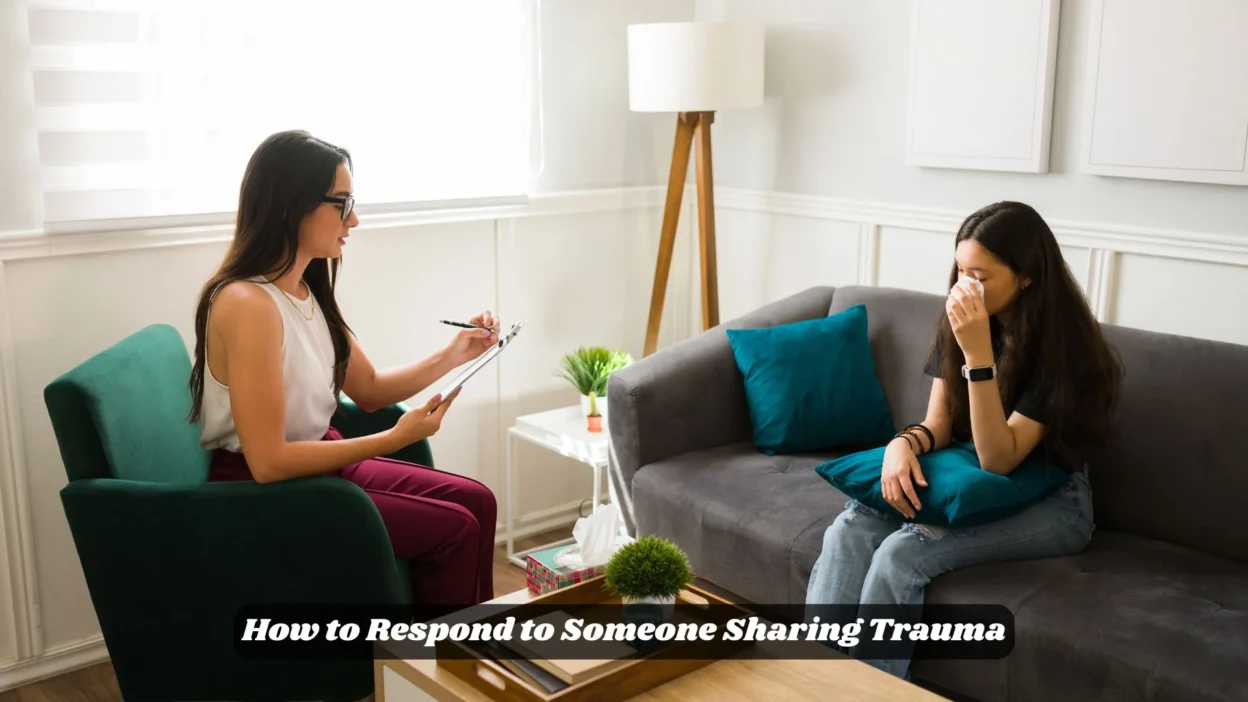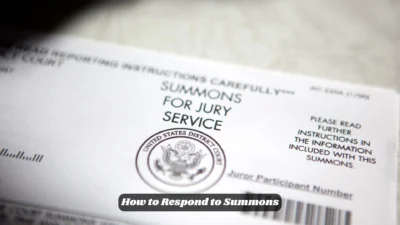Are you trying to find the right way to respond when someone opens up about a painful past? If yes, you’re not alone.
Many people search for a better way to express support, care, and comfort without sounding distant, awkward, or dismissive.
If someone shares something deeply personal or traumatic, knowing what to say can make all the difference. This article solves that problem right away.
Responding to someone sharing trauma is not one-size-fits-all. Different situations call for different expressions.
What works in a formal meeting might not fit a heart-to-heart chat with a close friend. In some cases, you need to stay professional.
That’s why this guide gives you many options—formal, informal, idiomatic, and professional—to help you respond thoughtfully, respectfully, and kindly in any situation.
Sorry Generator
Formal Ways to Say How to Respond to Someone Sharing Trauma
Here are over 30 respectful, composed, and emotionally aware phrases you can use when formality matters most:
- I’m so sorry to hear that
- That must have been incredibly hard for you
- I appreciate you trusting me with this
- Thank you for your openness
- You’ve shown great strength in sharing this
- I can only imagine how difficult that was
- My thoughts are with you
- Please know I take this seriously
- I am here to listen if you need anything more
- That sounds like a truly painful experience
- You deserve support and care
- I respect your courage in speaking up
- It’s completely valid to feel that way
- Your experience matters
- I hope you find peace and healing
- That took a lot of bravery
- I’m holding space for you
- I hear you and I care
- This is not something you have to go through alone
- I admire your vulnerability
- Your safety and well-being are important
- I am truly sorry for what you’ve been through
- That’s deeply upsetting and I want to support you
- Please let me know how I can be of help
- Your words matter and they are heard
- You’ve been through something very serious
- That should never have happened to you
- I hope you’re getting the care you need
- I want to be someone you can count on
- Your story deserves compassion and respect
- I’m honored that you felt safe enough to share
Informal Ways to Say How to Respond to Someone Sharing Trauma
Here are 30+ everyday phrases you can use in casual, caring conversations with friends or loved ones:
- That sounds really rough
- Wow, I’m so sorry you went through that
- I had no idea, but I’m here for you
- That’s just awful, I’m really sorry
- You didn’t deserve that
- I’m glad you told me
- That must have been so hard
- Thanks for opening up to me
- I can’t even imagine how tough that was
- I’m really proud of you for saying this
- You’re not alone in this
- I’m here for you, no matter what
- That sucks and I hate that it happened to you
- It means a lot that you told me
- Let me know how I can help
- I’m listening
- That’s heartbreaking
- Take your time—no pressure to explain more
- That’s a lot to carry
- I’ve got your back
- You’re so brave for saying all this
- I’m really sorry that happened
- It’s okay to feel how you’re feeling
- We don’t have to talk, but I’m here if you want
- Sending you love right now
- I’m sitting with you through this
- This is a safe space
- I’m all ears whenever you need
- You’re stronger than you think
- You matter to me a lot
- I believe you
Idiomatic Ways to Say How to Respond to Someone Sharing Trauma
Below are over 30 expressions using idioms that add warmth and empathy while still sounding natural:
- My heart goes out to you
- That hit me like a ton of bricks too
- You’ve been through the wringer
- I’m here with open arms
- I’ll be your shoulder to lean on
- Let’s get through this together
- You’re not in this boat alone
- I’m just a call away
- That’s a heavy load to carry
- I’ll be in your corner
- I’m sending good vibes your way
- I feel for you
- You’ve got a mountain of strength
- I’m here to walk with you
- This must feel like a punch to the gut
- That breaks my heart
- I’m standing by you
- You’ve shown guts and grace
- Let it all out if you need to
- Lean on me anytime
- I’ll hold the space for you
- That’s a tough road you’ve walked
- I’ll stick by you
- Let’s weather this storm together
- It takes guts to speak up
- That story hit home
- I’ve got your back every step
- You’re not walking this path alone
- You can count on me
- I’m all ears and all heart
- You’re not alone in this storm
Professional Ways to Say How to Respond to Someone Sharing Trauma
These 30+ phrases are perfect for emails, HR conversations, or professional settings where empathy must remain tactful:
- Thank you for sharing this with me
- I want you to feel supported
- I’m available if you need to talk further
- That must have been a very difficult experience
- Your well-being is a priority
- I respect your courage in bringing this forward
- I will treat this with the utmost care
- Please let me know what support you need
- I’m listening and here to help if I can
- You’re not alone in facing this
- I want to ensure you feel heard and valued
- I recognize how serious this is
- You’ve shown admirable strength
- I’m committed to supporting you
- If you’d like, we can discuss next steps together
- This will be kept confidential
- Please take the time you need
- We’re here to support your healing
- I’m here to offer any help you may need
- You are not at fault
- I hear you and take this seriously
- Thank you for bringing this to my attention
- Your voice matters
- It’s important to me that you feel safe
- Let’s find a way to move forward that supports you
- Your mental health is important to this organization
- I understand how hard that was to share
- We value you and want to be a source of support
- You’ve taken a big step, and I respect that
- I will follow up with the proper resources
- I’m here for any questions or updates when you’re ready
- Please let me know how I can be a part of your support system
Conclusion
When someone shares trauma, your response can either create a space of comfort or make someone retreat. That’s why choosing the right words is so important. Whether you’re replying in a formal setting, chatting with a friend, or writing a professional email, you now have the phrases you need. Practice using these expressions with care, empathy, and respect. The more you use them, the more natural and supportive your responses will become.

Elliot Gray is a passionate American author known for his insightful storytelling and emotionally rich narratives. With a background in psychology and literature, Elliot weaves human complexity into every page he writes. His work explores the delicate balance between hope, loss, and self-discovery, making his stories resonate deeply with readers from all walks of life.
Inspired by everyday moments and inner reflections, Elliot’s writing style is both poetic and accessible. He has built a loyal readership through his ability to connect with people on a personal level, crafting stories that linger in the mind long after the final page.
His published works include:
📘 The Quiet Between Us – A deeply moving tale about love, grief, and healing.
📗 Echoes of a Silent Room – A psychological fiction that explores memory, trauma, and redemption.
📙 Letters You Never Read – A collection of personal essays and fictional letters that reflect the unspoken truths we all carry.




